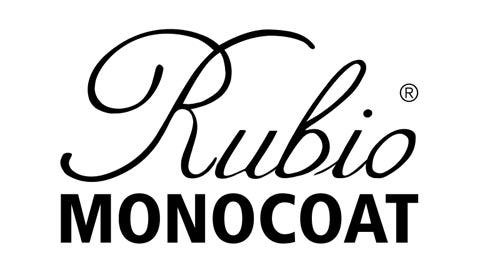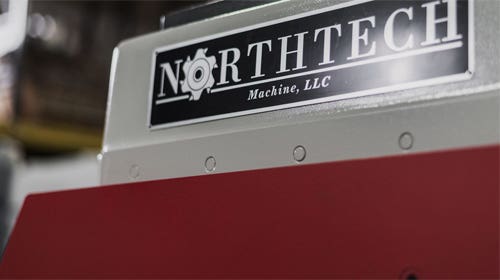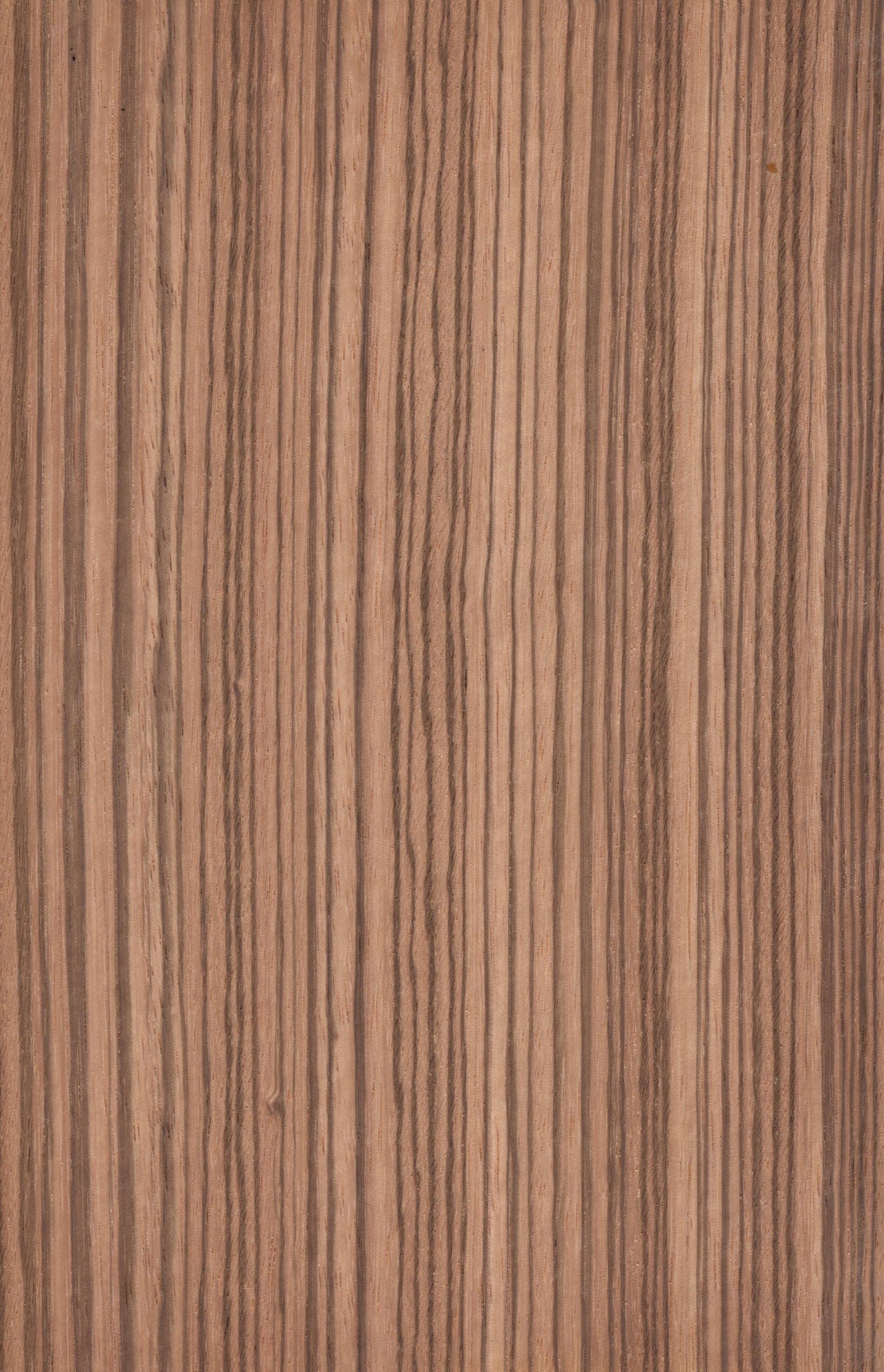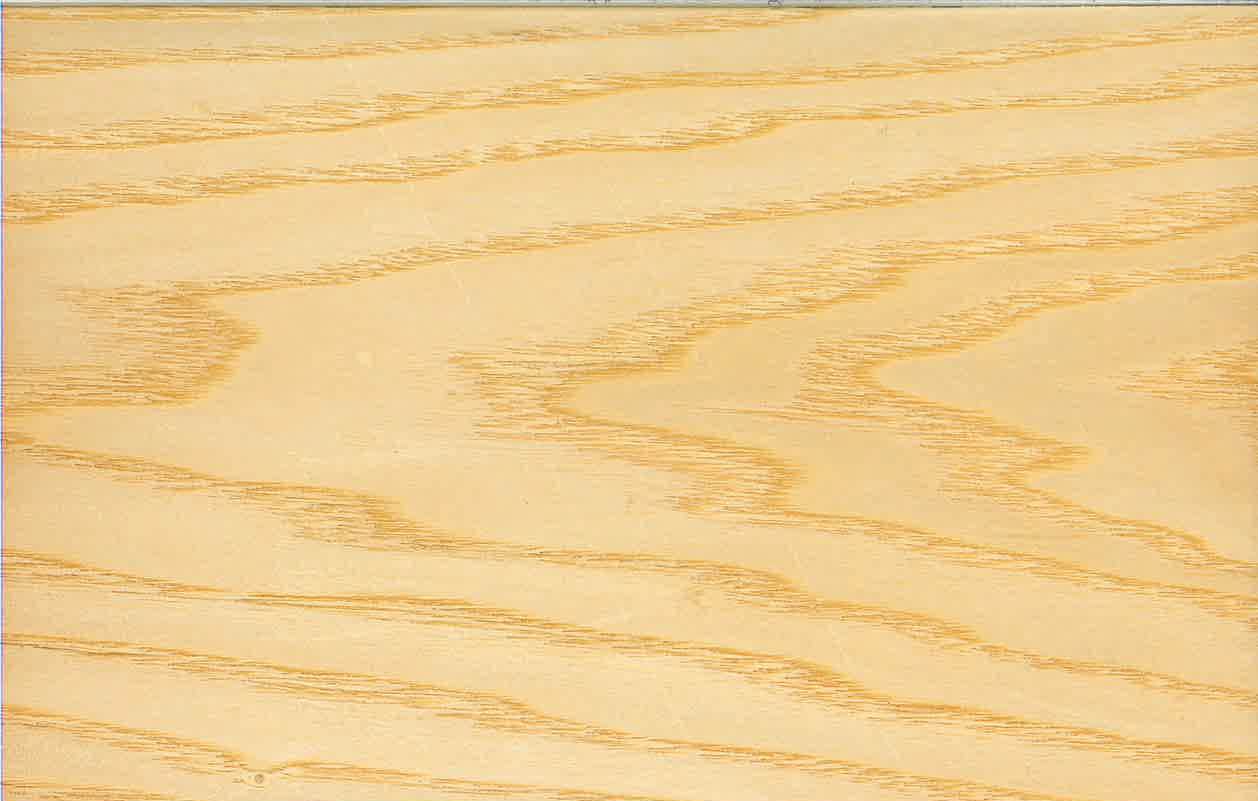Exotic sales could see boost in demand
Sales of exotic species are often unpredictable because they’re sold at a lesser volume than mainstream domestics. Still, lumber suppliers have noticed some recent trends in consumer design preferences. They’ve…
Sales of exotic species are often unpredictable because they’re sold at a lesser volume than mainstream domestics. Still, lumber suppliers have noticed some recent trends in consumer design preferences. They’ve also been able to spot how the nation’s recent economic woes are impacting demand and how the international market has affected domestic sales.
“We’ve been doing pretty well with exotics sales lately; the more common species are still pretty available,” says Steve Wall of Steve Wall Lumber in Mayodan, N.C.
“Some of the species like cocobolo and so forth are getting to be very pricey because the Chinese are buying the logs and that’s made some of the supplies very hard to get. Also, a few of the things we’ve been carrying like redheart and yellowheart are in tight supply.
“You don’t sell exotics in the same quantities that you sell domestics, so an average sale on exotics is going to be 10 board feet, while your average sale on domestic might be 100 board feet, for example. It’s no big deal if there’s a $1 increase per board foot for an exotic, but would be for domestic sales.”
Walls says bubinga is a good mover, especially thick slabs with a natural edge for tables and bars. Purpleheart is also popular.
Ed King of Hearne Hardwoods in Oxford, Pa., says exotic sales seem to come in waves.
“Some will sell for a while and then they’ll stop and another wood picks up. Walnut is not an exotic, but it’s been selling pretty well. European walnut has been, too. As for regular exotics like bubinga, paduk, sapele and zebrawood, we’re constantly selling those, but mostly in the larger planks. People tend to want the larger planks for conference tables or private tables in residences, or for countertops or bar tops throughout a restaurant or home just for a focal point in a room.”
Jim Reader of Downes and Reader Hardwood Co. in Stoughton, Mass., says he’s seeing shortages for many exotic species.
“I’m sure it’s because of the economy when people weren’t bringing anything in. Until those things are fixed and people bring more in, people who are looking for wenge, lacewood, bloodwood and those types — they’re going to be difficult to find.
“No one was requesting these species for four or five years. Everyone stopped buying in ’07 and ’08, and some of them take two years to develop logs to fill a container so that’s where you would have the holes.”
Reader says purpleheart, bubinga, paduk and rosewood are his top sellers.
This article originally appeared in the August 2012 issue.







